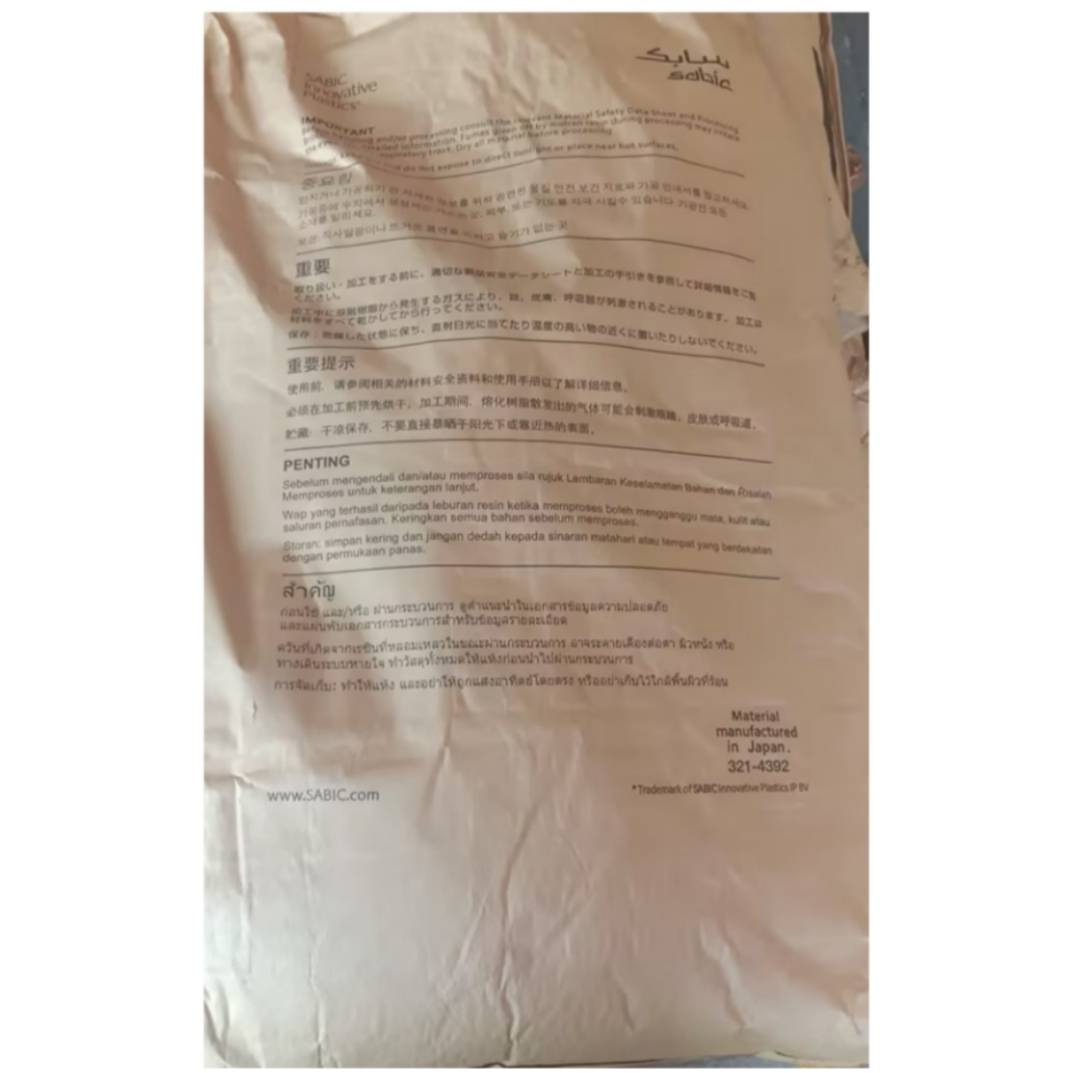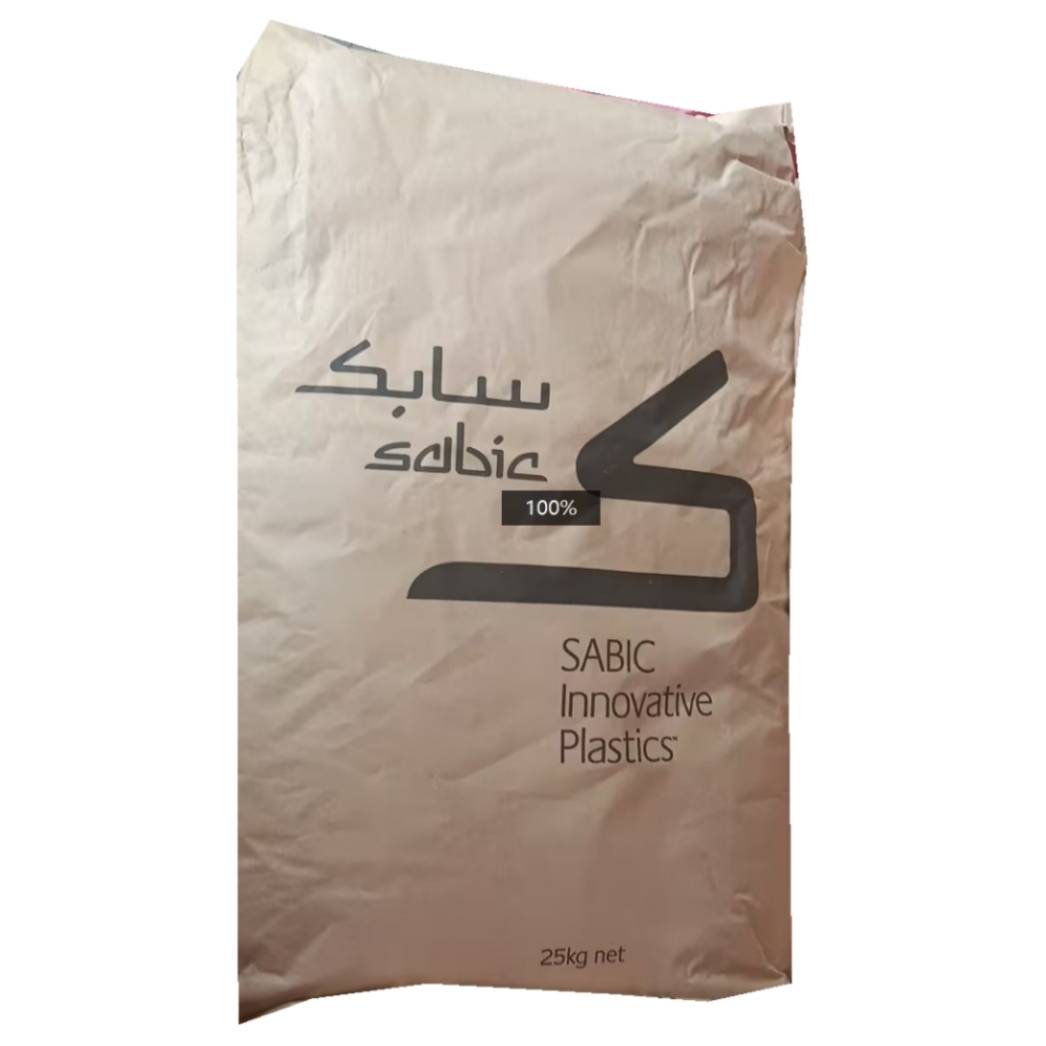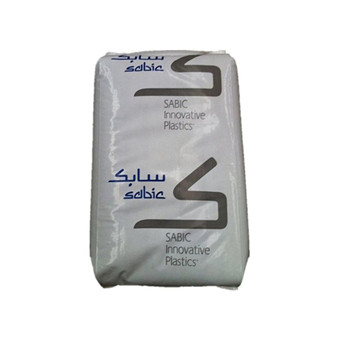
PEI ULTEM™ UF5011S-1000 SABIC INNOVATIVE US
316
- Unit Price:US$ 23,311 /MT
- Packaging Specification:25 KG/PKG
- Packaging Material:Paper bag
- Supply Quantity:30MT
- Delivery Terms:FOB
- Port of Loading :China Main Port
- Accepted Payment Methods:T/T
- Shipping:Negotiate supplier for shipping details
Supplier Information
ASIA PLASTIC EXCHANGE LIMITED
+86 755 ********View
serv********View
+86 ********View
For more details, please contact the supplier!
Material Description
- Material Properties:Aging resistance|High temperature resistance
- Application Areas:household electrical appliances|Electrical applications
- Color:--
- Grade:Injection grade
Technical Data Sheet
| impact performance | Test Condition | Test Method | Test Result |
|---|---|---|---|
| Charpy Notched Impact Strength | -30°C | ISO 179/1eA | 7.0 kJ/m² |
| 23°C | ISO 179/1eA | 7.0 kJ/m² | |
| Impact strength of simply supported beam without notch | -30°C | ISO 179/1eU | 无断裂 |
| 23°C | ISO 179/1eU | 无断裂 | |
| Suspended wall beam without notch impact strength | 23°C | ASTM D4812 | 2100 J/m |
| -30°C9 | ISO 180/1U | 无断裂 | |
| 23°C9 | ISO 180/1U | 无断裂 | |
| Reverse notch impact | 3.20mm | ASTM D256 | 2100 J/m |
| Dart impact | 23°C,TotalEnergy | ASTM D3763 | 30.0 J |
| mechanical properties | Test Condition | Test Method | Test Result |
|---|---|---|---|
| tensile strength | Yield4 | ASTM D638 | 100 Mpa |
| Yield | ISO 527-2/5 | 100 Mpa | |
| Break4 | ASTM D638 | 75.0 Mpa | |
| Break | ISO 527-2/5 | 85.0 Mpa | |
| elongation | Yield4 | ASTM D638 | 8.0 % |
| Yield | ISO 527-2/5 | 8.0 % | |
| Break4 | ASTM D638 | 60 % | |
| Break | ISO 527-2/5 | 50 % | |
| Bending modulus | 50.0mmSpan5 | ASTM D790 | 3100 Mpa |
| --6 | ISO 178 | 2900 Mpa | |
| bending strength | --6,7 | ISO 178 | 110 Mpa |
| Yield,50.0mmSpan5 | ASTM D790 | 138 Mpa | |
| Tensile modulus | --3 | ASTM D638 | 2900 Mpa |
| -- | ISO 527-2/1 | 2900 Mpa |
| thermal performance | Test Condition | Test Method | Test Result |
|---|---|---|---|
| Hot deformation temperature | 0.45MPa,Unannealed,3.20mm | ASTM D648 | 213 °C |
| 0.45MPa,Unannealed,6.40mm | ASTM D648 | 216 °C | |
| 0.45MPa,Unannealed,100mmSpan10 | ISO 75-2/Be | 210 °C | |
| 0.45MPa,Unannealed,64.0mmSpan11 | ISO 75-2/Bf | 208 °C | |
| 1.8MPa,Unannealed,3.20mm | ASTM D648 | 201 °C | |
| 1.8MPa,Unannealed,6.40mm | ASTM D648 | 204 °C | |
| 1.8MPa,Unannealed,100mmSpan10 | ISO 75-2/Ae | 200 °C | |
| 1.8MPa,Unannealed,64.0mmSpan11 | ISO 75-2/Af | 198 °C | |
| Vicat softening temperature | -- | ASTM D152512 | 227 °C |
| -- | ISO 306/A50 | 220 °C | |
| -- | ISO 306/B50 | 215 °C | |
| Ball Pressure Test | 125°C | IEC 60695-10-2 | 通过 |
| Linear coefficient of thermal expansion | MD:-40to150°C | ASTME831 | 5.5E-05 cm/cm/°C |
| MD:23to150°C | ISO 11359-2 | 5.5E-05 cm/cm/°C | |
| TD:-40to150°C | ASTME831 | 5.5E-05 cm/cm/°C | |
| TD:23to150°C | ISO 11359-2 | 5.5E-05 cm/cm/°C | |
| thermal conductivity | ASTMC177 | 0.31 W/m/K |
| Physical properties | Test Condition | Test Method | Test Result |
|---|---|---|---|
| melt mass-flow rate | 337°C/6.6kg | ASTM D1238 | 11 g/10min |
| Melt Volume Flow Rate (MVR) | 360°C/5.0kg | ISO 1133 | 20.0 cm3/10min |
| Shrinkage rate | MD2 | Internal Method | 0.40-0.70 % |
| MD:3.20mm | Internal Method | 0.40-0.70 % | |
| TD:3.20mm | Internal Method | 0.40-0.70 % | |
| Water absorption rate | Saturation,23°C | ISO 62 | 1.2 % |
| Equilibrium,23°C,50%RH | ISO 62 | 0.20 % |
| Electrical performance | Test Condition | Test Method | Test Result |
|---|---|---|---|
| Compared to the anti leakage trace index | SolutionB | IEC 60112 | V |
| Surface resistivity | IEC 60093 | >1.0E+15 ohms | |
| Volume resistivity | IEC 60093 | 2.5E+15 ohms·cm | |
| Dielectric strength | 3.20mm,inOil | ASTM D149 | 18 KV/mm |
| 3.20mm,in Oil | IEC 60243-1 | 18 KV/mm | |
| Dielectric constant | 50Hz | ASTM D150 | 3.20 |
| 60Hz | ASTM D150 | 3.20 | |
| Dissipation factor | 50Hz | ASTMD150 | 2.1E-03 |
| 60Hz | ASTMD150 | 2.1E-03 | |
| Compared to the anti leakage trace index | -- | IEC 60112 | PLC 4 |
IMPORTANT NOTES: Plas.com collected the data in the data sheet from the material manufacturers. Plas.com makes the best effort to improve the accuracy of the data, but has no responsibility for the data. We strongly recommend verifying the validity of the data with the material manufacturers before making a final decision.

